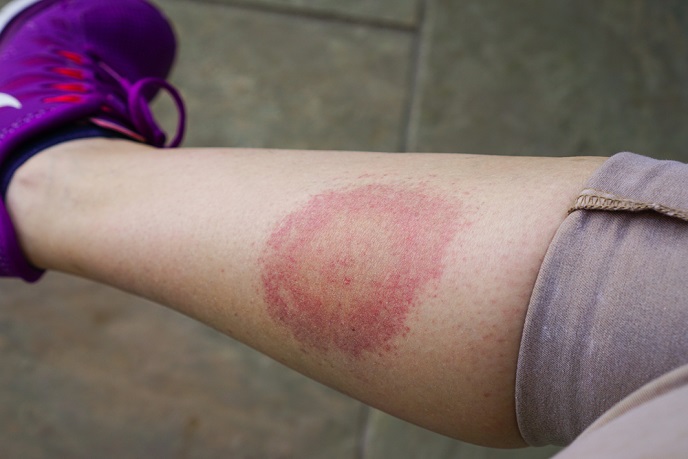Why Should You Worry About Lyme Disease?


Spring is here — and that means spring flowers, spring showers and the sudden arrival of insects back on the scene, including the tiny tick.
Ticks are known for spreading Lyme disease, a particularly debilitating bacterial infection that causes human beings diverse health problems, ranging from a bullseye rash and flu-like symptoms to chronic pain and paralysis. If treated with a heavy course of antibiotics early on, it can be cured and the victim is left with no lingering issues. If it isn’t, the disease can turn chronic and the patient can really struggle to gain back lost ground.
Unfortunately, Lyme disease is often misdiagnosed — seemingly because there are still too many doctors who want to assert the idea that if something doesn’t show up in a lab test then there’s nothing there to see. This problem persists, despite the fact that it’s well-known that tests for the disease produce false-negatives. False-negative tests actually happen so often that some states have passed legislation mandating that doctors inform their patients that a negative test doesn’t necessarily negate the need for treatment or equal the absence of Lyme disease — just to protect residents against doctors who refuse to accept what they can’t prove.

If you suspect that you may have Lyme disease, there are a few facts you should know:
If your Lyme disease symptoms have become chronic because your doctor misdiagnosed you or dismissed your condition as purely psychological, consider talking to an attorney about the possibility of a medical malpractice case.
Source: Paste Magazine, “6 Myths About Lyme Disease Debunked,” Jenny Lelwica Buttaccio, April 21, 2017